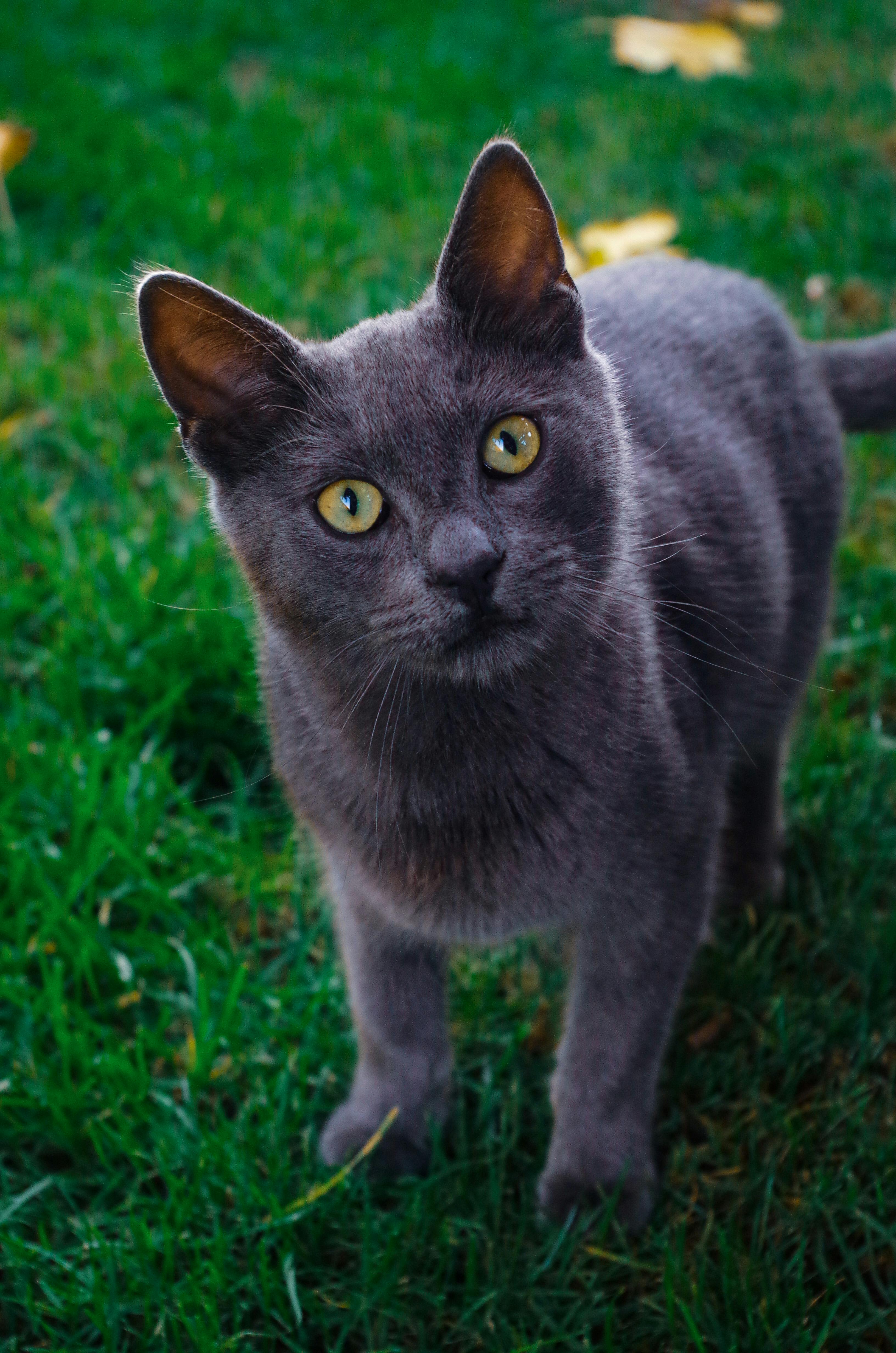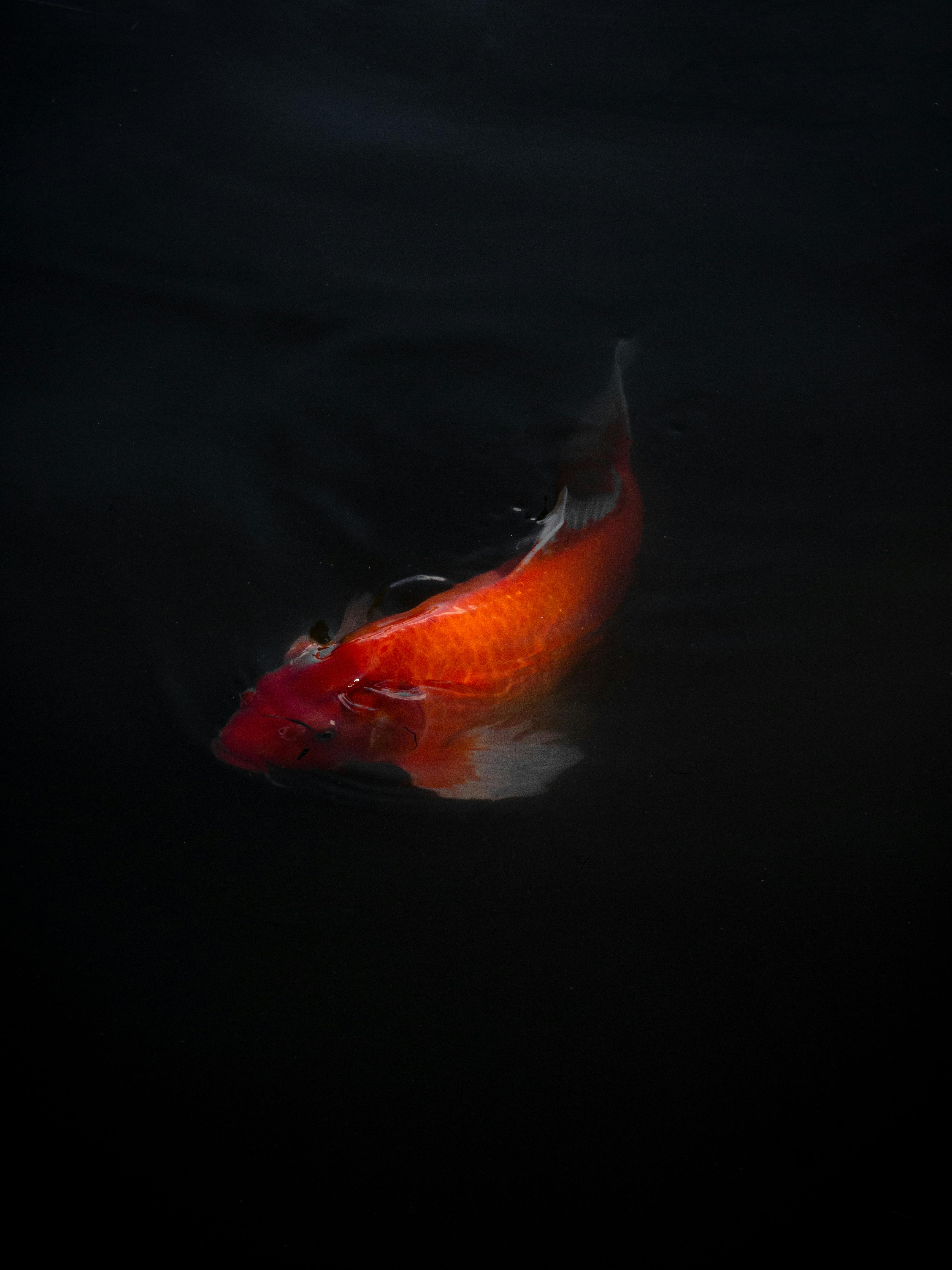Best 5 Discus Tank Mates for a Peaceful Aquarium in 2025
Creating a harmonious aquarium environment requires careful selection of fish that complement the discus, known for their vibrant colors and gentle nature. These tropical fish thrive best in community tanks when they are paired with peaceful companions. Understanding which fish are suitable discus companions not only helps maintain a tranquil atmosphere but also promotes the health and wellbeing of all inhabitants. This article explores the best tank mates for discus, ensuring that your aquarium setup is successful and enjoyable for both you and your fish.
In addition to highlighting compatible species, we will delve into the essential discus tank environment, including water conditions, tank size requirements, and the behavioral traits of discus fish in community settings. By following these guidelines, you will set up a thriving aquatic community that caters to the social needs of discus and their companions.
Key takeaways include recommended fish species, tank setup tips, and maintaining optimal conditions for discus health. Let’s explore the top five discus tank mates to ensure a peaceful aquarium.
Choosing the Right Fish for Discus Compatibility
When considering suitable discus companion fish, it’s crucial to focus on species that promote calm and minimize stress within the aquarium. Compatible fish for discus should share similar water parameters and exhibit non-aggressive behavior. Discus fish cohabitation can flourish when these factors are prioritized. Below are five excellent choices for discus tank mates.
1. Tetras: Colorful and Peaceful
Tetras are among the best tank mates for discus due to their colorful appearance and peaceful disposition. Varieties such as Neon Tetras and Rummynose Tetras thrive in similar water conditions preferred by discus: a pH between 6.0 and 7.5 and a temperature range of 82°F to 86°F. Their small size and schooling behavior help create an energetic yet relaxed atmosphere in the tank.
When including tetras with discus, ensure that you maintain a group of at least six individuals. This helps reduce the stress that can arise from being solitary and creates a more cohesive schooling behavior. Monitoring their interactions with discus will be key to ensuring a peaceful environment.
2. Corydoras Catfish: The Bottom Dwellers
Corydoras catfish serve as excellent companions due to their tranquil nature and bottom-dwelling habits. They are particularly beneficial because they help keep the substrate clean, sifting through debris for food while not competing directly with discus for resources. Corydoras thrive in similar water conditions, enjoying soft, slightly acidic water.
When introducing corydoras into the tank, consider keeping them in groups of at least four to six. This enhances their comfort and encourages natural behaviors while promoting overall tank stability. Their playful antics will also add to the charm of your discus community tank.
3. Guppies: Vibrant Community Members
Guppies are known for their vibrant colors and playful personalities, making them popular as peaceful fish for discus. They can adapt to the same warm, slightly acidic conditions favored by discus. While guppies are small, their lively nature can enrich the aquarium's dynamic.
However, keep an eye on guppy populations, as they breed easily. Consider introducing only males to maintain balance and avoid overcrowding. Observing guppies' interactions with discus can provide insight into their community dynamics, ensuring that both species coexist without stress.
4. Rasboras: Elegant and Tranquil
Rasboras, particularly Harlequin Rasboras, are another excellent tank mate for discus due to their elegant appearance and peaceful behavior. These fish prefer similar environmental conditions: stable water temperatures and soft, acidic pH levels. Their schooling nature fosters a lively environment that urges discus to feel at ease.
When housing rasboras with discus, aim for groups of six or more. This number promotes natural schooling behavior and provides a vibrant display in the tank. Monitor their interactions, as rasboras will thrive alongside discus while adding auditory and visual depth to your aquarium setup.
5. Angelfish: Cautious Pairings
Angelfish can coexist with discus under the right circumstances, but caution is necessary. Both species thrive in similar conditions; however, angelfish can exhibit territorial behavior, especially during mating. It's best to introduce young angelfish that can grow alongside discus in a spacious tank with plenty of hiding spots and plants to reduce territorial disputes.
Ensure that your tank setup accommodates the needs of both discus and angelfish, as blending these two species can lead to rewarding experiences if done carefully. Monitor their social interactions to intervene if any signs of stress or aggression arise.
Optimal Tank Environment for Discus and Their Friends
Creating a conducive discus tank environment is key to ensuring all fish thrive. This includes maintaining appropriate water parameters, tank size, and suitable tank mates to foster harmony. Understanding discus needs and preferences will lead to healthier fish and greater enjoyment for aquarists.
Water Conditions: A Priority for Health
Discus fish require specific water conditions to thrive, including a temperature range of 82°F to 86°F and a pH of 6.0 to 7.5. It’s critical to monitor these parameters regularly and adjust as needed. Using a quality water testing kit can help maintain optimal conditions, promoting overall discus wellbeing and compatibility with their tank mates.
When adding new fish, ensure that the water is properly conditioned beforehand to avoid “new fish stress.” Gradually introduce new companions to the established tank to help ease the transition.
Tank Size and Setup Requirements
Discus fish and their companions need adequate space to thrive. A minimum tank size of 50 gallons is recommended for a community tank containing discus. This enables all species to have ample swimming space and reduces potential territorial conflicts.
Creating hiding spots with plants, driftwood, and rocks can provide essential security for less assertive fish while ensuring that discus do not feel threatened. This also enhances the tank's aesthetic appeal, attracting viewers to the dynamic community.
Monitoring Behavioral Dynamics
Understanding discus behavior with others is vital to maintaining harmony in the tank. Regularly observe how your discus and their companions interact. Look for any signs of aggression or stress, such as hiding, frayed fins, or rapid swimming. By identifying issues early, you can make adjustments to ensure a peaceful environment.
Additionally, consider implementing a quarantine process when introducing new fish. This practice helps prevent disease transmission, ensuring the health of your existing discus community.

Feeding Guidelines for Cohabiting Species
Feeding discus companions adequately is crucial for their health, but care must be taken to ensure the feeding structure supports all species' nutritional needs. Discus are opportunistic feeders, and nutrition should be approached with an understanding of each species' dietary preferences.
Discus Feeding Strategies
Discus thrive on high-quality, protein-rich diets. Flake, pellet, and frozen foods formulated for discus should be included in their feeding regimen. Additionally, they benefit from occasional live food and vegetable matter to round out their diet. Continuous feeding observations help identify any competition for food between discus and their companions.
Compatible Feeding Practices with Tank Mates
When feeding in a community tank, observe for dietary preferences and ensure that all species receive balanced nutrition. Create a feeding schedule that minimizes competition, allowing each fish the opportunity to eat without stress. This can be achieved by offering food at different areas of the tank.
Maintaining Tank Wellbeing
Regular health checks for discus and their companions are fundamental. Ensure that water quality remains stable, and perform scheduled tank cleaning to remove excess food and detritus. This will contribute positively to the overall health of the tank, allowing discus to flourish.

Q&A Section: Common Questions Regarding Discus Tank Mates
1. What are the best fish to keep with discus?
The best tank mates for discus include peaceful species such as tetras, rasboras, corydoras, guppies, and cautiously selected angelfish.
2. How can I ensure the wellbeing of discus and their companions?
Maintain optimal water conditions, monitor interactions between species, and provide a spacious and well-planted environment to ensure wellbeing.
3. Are there fish I should avoid with discus?
Avoid aggressive species such as barbs or fast-moving fish that may stress discus or compete aggressively for food.
4. How often should I feed discus and their tank mates?
Feed discus twice daily, observing for competition. Adjust feeding times based on the needs of all species in the tank.
5. Can discus live with shrimp or smaller fish?
Small shrimp may be at risk due to the size of adult discus; however, small fish that are peaceful can coexist if the setup is appropriate.
Establishing a peaceful aquarium with discus and their companions involves careful planning and a focus on compatible species. By following these guidelines, you can create a harmonious environment where all fish thrive together. Happy fishkeeping!
